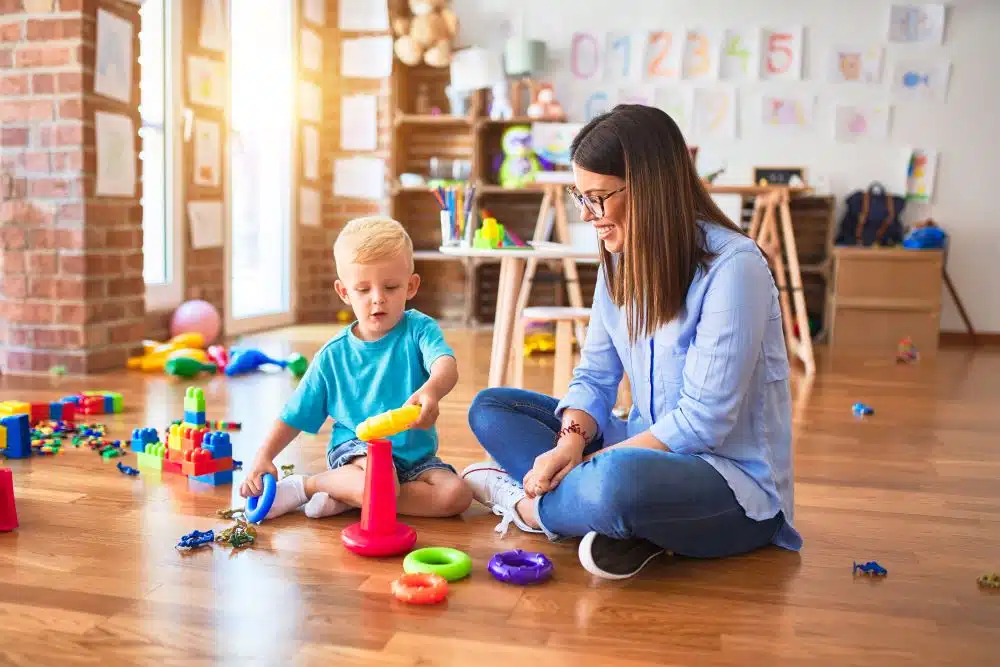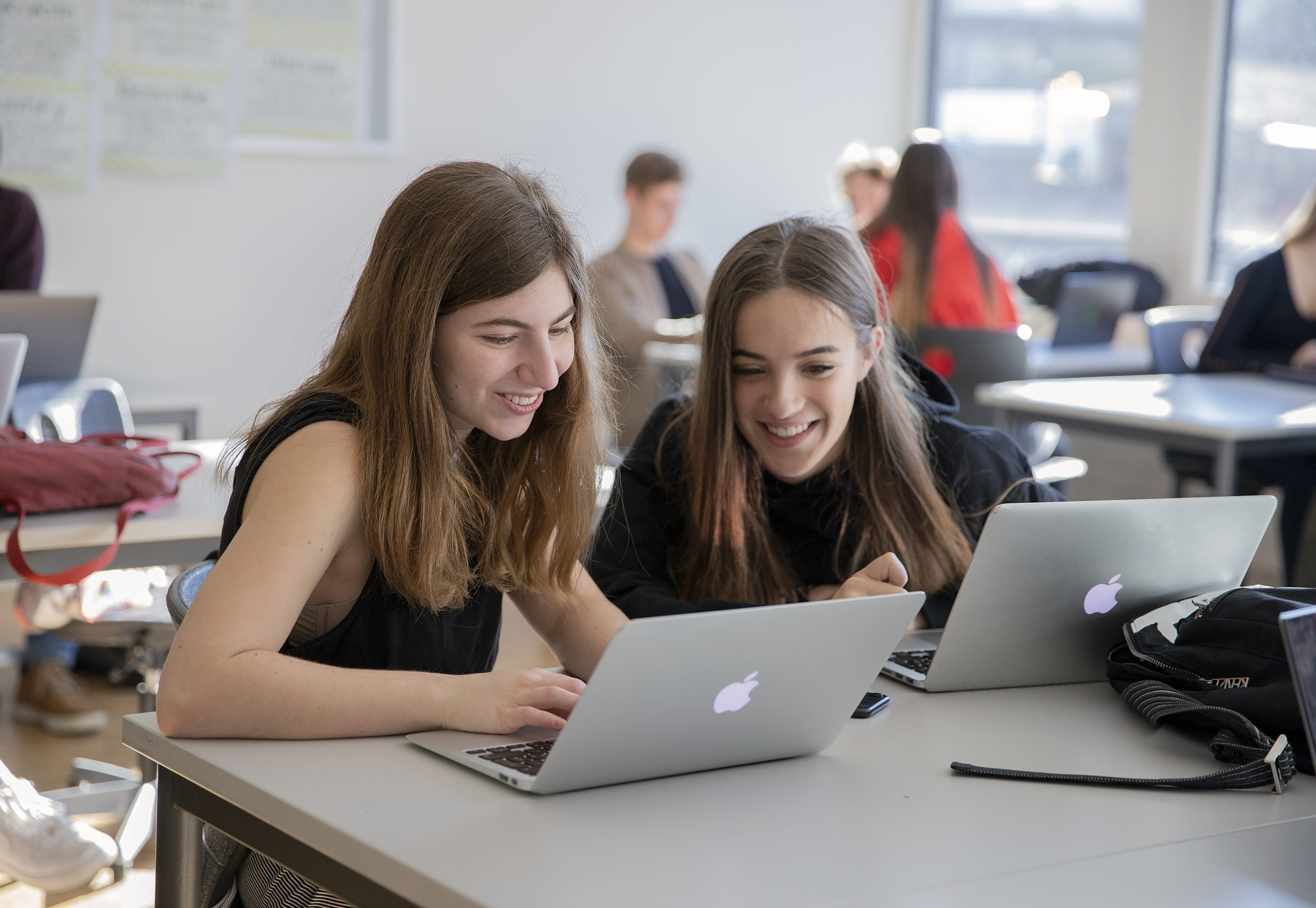The Importance of Detecting Autism Early: Steps Toward Better Support
Early detection of autism is essential for offering the required assistance and treatments to enable people to flourish. Early identification helps families and caregivers to be proactive, ensuring that children get the correct therapies and assistance to acquire vital life skills. For families, an autism diagnosis malaysia marks a turning point since it provides clarity and direction toward the best resources accessible. Early identification of autism can greatly affect children’s long-term results, therefore increasing their chances of success in socializing, education, and general well-being.
Recognizing the Early Signs
Though they can vary greatly from kid to child, the symptoms of autism usually show before the age of three. Early warning indicators could be delayed development of speech, poor eye contact, repeated actions, and trouble interpreting social cues. Often the first to observe these behaviors are parents and other caregivers; their findings can be crucial for starting additional investigation. Even if some children show symptoms of autism later than others, it is crucial to take quick care of any issues raised. Early diagnosis of a child will enable them to start getting help catered to their requirements.

The Role of Professional Diagnosis
While parents might notice possible symptoms of autism, an expert autism diagnosis malaysia is required for an accurate assessment. Specialists include developmental pediatricians and psychologists, and pediatricians can do tests to validate a diagnosis. Early diagnosis is crucial for the development of the child as well as for helping families who might not know what to do next. Early evaluations guarantee that children obtain a variety of interventions, from behavioral therapies to speech and language programs, thereby guiding their clear path forward. These experts can also provide families tools for controlling behavior at home and materials for continuous support.
Accessing Early Intervention Services
Once a diagnosis is established, early intervention program availability becomes rather important. These treatments, all meant to help kids acquire vital abilities, could range from occupational therapy to speech therapy to applied behavior analysis (ABA). Particularly in domains like communication, social skills, and academic performance, early intervention has demonstrated to be quite successful in enhancing outcomes. Parents may guarantee that their children have the tools they need to negotiate the difficulties of autism by registering them in these initiatives right away. Giving children the tools they need to grow and flourish depends mostly on early identification of autism. It allows families to access treatments and services meant to enable kids to achieve socially, emotionally, and academically.
Empowering Education with Digital Foundations for a Future-Ready World
Tech tools have revolutionized education. They make learning more personal and effective. LMSs like Google Classroom, Moodle, and Canvas let students organize and submit assignments. They also enable collaboration. Interactive whiteboards, like SMART and Promethean Boards, let teachers present interactively. They can annotate texts and engage students. Educational apps like Kahoot! Quizlet is for flashcards and quizzes. Duolingo is for languages. Khan Academy offers free, fun courses. They all make learning interactive. Other tools for collaboration include Google Suite, Office 365, Zoom, and Padlet. These provide additional learning support. Such digital resources promote learning like ib diploma singapore. They provide:
- Personalized instruction
- Accessible activities
- Resources for students with disabilities
- Data to help teachers adapt lessons to diverse needs.
Flexible Learning Through Online Platforms
Online learning changes education. It offers flexible, personalized learning outside the classroom. Students can learn at their own pace. They can access personalized content and use videos, articles, and simulations. Online forums let learners share knowledge. Digital learning is cheap and accessible to many, including high school and adult learners. Set goals, create engaging content, and communicate regularly to make online learning effective. AI, VR, AR, and blockchain are new trends that can improve online learning. To succeed, we must overcome the digital divide and technical issues. Online learning can be a powerful tool for all learners.

Merging Traditional and Digital Approaches
Blended learning mixes classroom teaching with online work. It offers flexibility to fit different learners. Some models combine class time with online videos and assignments. Some flip the classroom. Students learn online first and apply it in class. Rotation models mix online and group work. Flex models let students learn online and in person to finish tasks. The best blend depends on the subject, student choice, and tech access. Good blended learning needs clear goals, engaging activities, good communication, and tech support. AI, VR, and games are new trends that can make learning better. We must address challenges like the digital divide, teacher training, and student motivation. By using these innovations, we can create dynamic learning spaces for the future.
Building Essential Digital Literacy Skills
Digital literacy helps people succeed in school, work, and life. It includes tech skills, digital communication, critical thinking, and creativity with digital tools. Schools can promote digital literacy by:
- Using technology in lessons.
- Teaching critical thinking and problem-solving.
- Encouraging responsible technology use.
Safe technology use includes online ethics, digital citizenship, and security awareness. Future-ready skills include AI, data, and cybersecurity. To improve digital literacy, schools can use:
- Project-based learning
- Personalized lessons
- Collaborative work
PSB Academy: Elevating Education in Singapore with Innovation and Excellence
In the dynamic landscape of university education in singapore, one institution stands out for its commitment to innovation and excellence – PSB Academy. As we delve into the realm of higher education, PSB Academy emerges as a beacon, reshaping the narrative of learning in the Lion City.
The Future of Learning Spaces
PSB Academy is at the forefront of revolutionizing learning spaces, embracing the latest technologies to create an immersive and dynamic environment for students. The institution’s state-of-the-art campuses are equipped with cutting-edge facilities, fostering a culture of exploration and hands-on learning. From virtual reality labs to collaborative study areas, PSB Academy is redefining the traditional classroom experience.
Global Perspectives, Local Expertise
With a diverse student body and an international faculty, PSB Academy brings global perspectives into the local context. The institution collaborates with renowned universities and industry leaders, ensuring that students are equipped with not only theoretical knowledge but also practical insights that are globally relevant. This unique approach prepares graduates to thrive in the interconnected world of the 21st century.
Innovative Programs Tailored to Industry Needs
PSB Academy takes a proactive stance in aligning its programs with the evolving needs of industries. Through partnerships with leading corporations, the institution offers specialized courses that bridge the gap between academia and the professional world. This forward-thinking approach ensures that PSB Academy graduates are not just job-ready but are also positioned as leaders in their respective fields.

A Holistic Approach to Personal Development
Education is not just about acquiring knowledge; it’s about holistic personal development. PSB Academy recognizes this and goes beyond the conventional boundaries of education by nurturing students’ soft skills, critical thinking abilities, and creativity. The institution’s emphasis on character development ensures that graduates not only excel academically but also contribute meaningfully to society.
Beyond University Education in Singapore
In a city known for its world-class universities, PSB Academy distinguishes itself by offering an educational experience that goes beyond the conventional norms of university education in Singapore. The institution’s commitment to innovation, global perspectives, and industry relevance sets it apart, creating a pathway for students to excel in their chosen fields.
In conclusion, PSB Academy stands as a testament to the transformative power of education. By reimagining learning spaces, embracing global perspectives, tailoring programs to industry needs, and fostering holistic personal development, PSB Academy is shaping the future of university education in singapore. As the institution continues to evolve, it undoubtedly holds the key to unlocking the full potential of the next generation of leaders and innovators.
What Business Law Students Need to Know About the Juris Doctor Degree?
This degree program is designed to provide students with the knowledge and skills necessary to be successful in the field of business law. The curriculum focuses on legal issues related to businesses and organizations, including contract law, labor law, environmental law, and international law. If you are interested in pursuing a career in business law, there are a few things you should keep in mind.
The Juris Doctor degree :
The highest degree you can earn is in law and can open up many doors for you in the business law field. A Juris Doctor degree will help you to understand the ins and outs of the business world so that you can represent your clients in the best possible way. You will learn how to negotiate contracts, settle disputes, and understand the legal system so that you can protect your clients’ interests.
If you’re considering a career in business law, you should definitely consider earning your Juris Doctor degree. Here’s what you need to know about the Juris Doctor degree and how it can benefit your career in business law. A Juris Doctor degree is ALU.EDU courses.
A Juris Doctor degree is a way to go:

The Juris Doctor degree is the highest degree that you can receive in business law. This degree will prepare you for a successful career in business law. After you earn your Juris Doctor degree, you’ll be able to work in a variety of legal settings, including:
- private law firms
- public interest organizations
- government agencies
- non-profit organizations
- You’ll also be eligible to take the bar exam in your state.
Conclusion:
A Master of Science in Law degree can be beneficial for those who wish to pursue a career in business law, as well as those who are already employed in the field. This degree can help you develop the skills and knowledge necessary to be successful in your chosen field, and can give you an edge over your competition.
